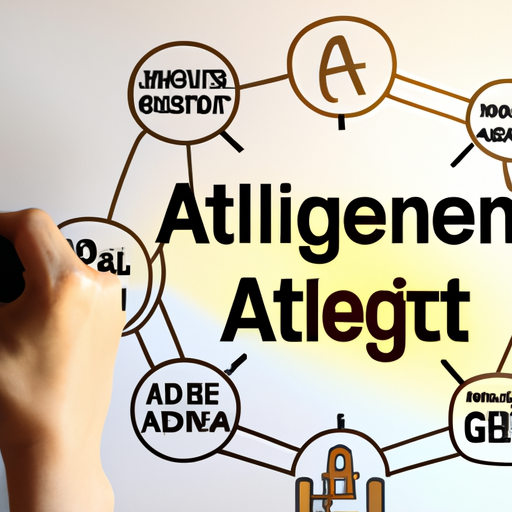As artificial intelligence (AI) continues to permeate various aspects of our daily lives, from autonomous vehicles to predictive analytics, the conversation surrounding AI ethics and governance has never been more vital. Whether influencing business decisions or impacting healthcare outcomes, AI systems hold immense power, making it crucial to address the ethical implications and regulatory needs of this technology.
Why AI Ethics Matter
AI ethics refers to the moral implications and responsibilities of implementing artificial intelligence in society. Issues such as bias in AI algorithms, data privacy, and transparency in machine learning models are at the forefront of discussion. These challenges highlight the necessity for ethical frameworks that guide the development and deployment of AI technologies.
The Role of Governance in AI
AI governance encompasses the policies and regulations that dictate how AI should be developed and used. Proper governance mechanisms are essential to ensure that AI systems do not perpetuate discrimination or infringe on individual rights. Governments and organizations worldwide are tasked with establishing guidelines that promote responsible AI development.
Current Trends in AI Regulations
Recent legislative efforts, such as the European Union’s AI Act, aim to regulate high-risk AI applications, emphasizing the need for accountability and adherence to ethical standards. This movement towards regulation is gaining traction globally, prompting businesses and developers to reassess their AI strategies.
Building a Responsible AI Framework
A comprehensive framework for AI ethics and governance should include:
- Transparency: Ensuring stakeholders understand how AI systems make decisions.
- Accountability: Establishing clear lines of responsibility for AI outputs.
- Inclusivity: Involving diverse voices in the development process to mitigate bias.
- Security: Protecting sensitive data to build trust with users.
Conclusion
The future of AI depends on our ability to navigate the challenges of AI ethics and governance. By establishing robust frameworks and promoting responsible practices, we can pave the way for a digital landscape where technology enhances our lives while upholding ethical values. The path forward will require collaboration between policymakers, technologists, and society to ensure a balanced approach to AI innovation.




